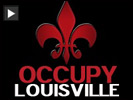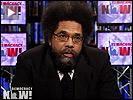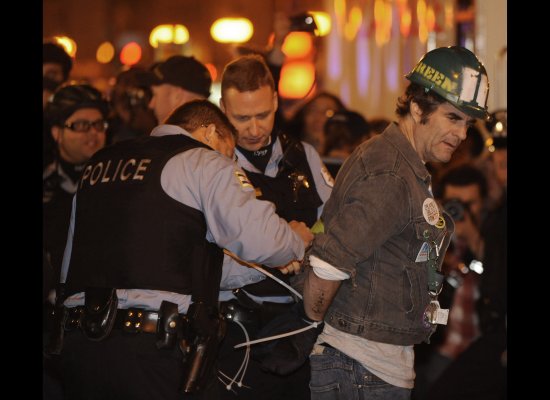What a difference a few short weeks can make. The early word on Occupy Wall Street was that it was a motley collection of flakes and fools. “Purpose in 140 or less,” tweeted CNN financial correspondent Alison Kosik, “bang on the bongos, smoke weed!” (She’s since deleted that tweet.) New York Times financial writer Andrew Ross Sorkin, author of Too Big to Fail, asked on CNBC’s Squawk Box, “Do we think that the whole Wall Street protest is overdone, real, not real? Were there really a lot of people down there? Were there a lot? I could never tell.” In a Times human interest column the archetypal OWS protester was “a half-naked woman who called herself Zuni Tikka.” Arch condescension was definitely the dominant tone of mainstream coverage, and maybe a bit of it was even deserved: if you’re going to protest the policies of the Federal Reserve, you should probably know what it is, and speaking just for myself, the sooner the Zuccotti Park encampment loses the drum circle, the better. Men thumping away for hours on end, girls in tank tops vaguely dancing about—it’s just not the look you want for a movement that claims to be about getting rid of hierarchy.
In any case, Zuni Tikka is definitely having a good laugh now. Eight hundred New York City arrests later, Occupy Wall Street has gone national, from LA to Phoenix to New Haven, and global too, with demonstrations and encampments in Europe, Latin America and even Australia. In London protesters camped out at St. Paul’s Cathedral. In Hong Kong dozens slept overnight in a foyer beneath the headquarters of HSBC. In Rome some 200,000 people marched, and a few smashed windows and set cars on fire. This caused Prime Minister Berlusconi to take time out from having sex with teenage prostitutes to fulminate against the violence as “a worrying signal for civil coexistence.” Hmmm, maybe he should have thought about civil coexistence before he got legislators to pass a law immunizing himself from prosecution for misdeeds in office. Because that’s the point, isn’t it? All those pundits and politicians going on about how bankers are just people, and traders have feelings too, and why don’t the 99 percent appreciate what the 1 percent has done for them, are just not looking at the world we live in now. Anyone who isn’t entirely insulated from such mundane realities as unemployment and underemployment, foreclosure, student debt and the serious increase in poverty knows what OWS is talking about: rising inequality, the impunity of the people who caused the crisis and the failure of politicians in both parties to grapple with a situation both parties helped create. OWS doesn’t need a list of demands to paint that picture. As (of all places!) the Times editorial page put it on October 8, “protest is the message.”
 Over the weekend, Democracy Now! host Amy Goodman visited demonstrators at Occupy Louisville, a protest inspired by Occupy Wall Street. They’ve set up an encampment right across the street from a local jail. We hear from veterans, students, social justice activists, and other community members who spent the night at the protest.
Over the weekend, Democracy Now! host Amy Goodman visited demonstrators at Occupy Louisville, a protest inspired by Occupy Wall Street. They’ve set up an encampment right across the street from a local jail. We hear from veterans, students, social justice activists, and other community members who spent the night at the protest.










